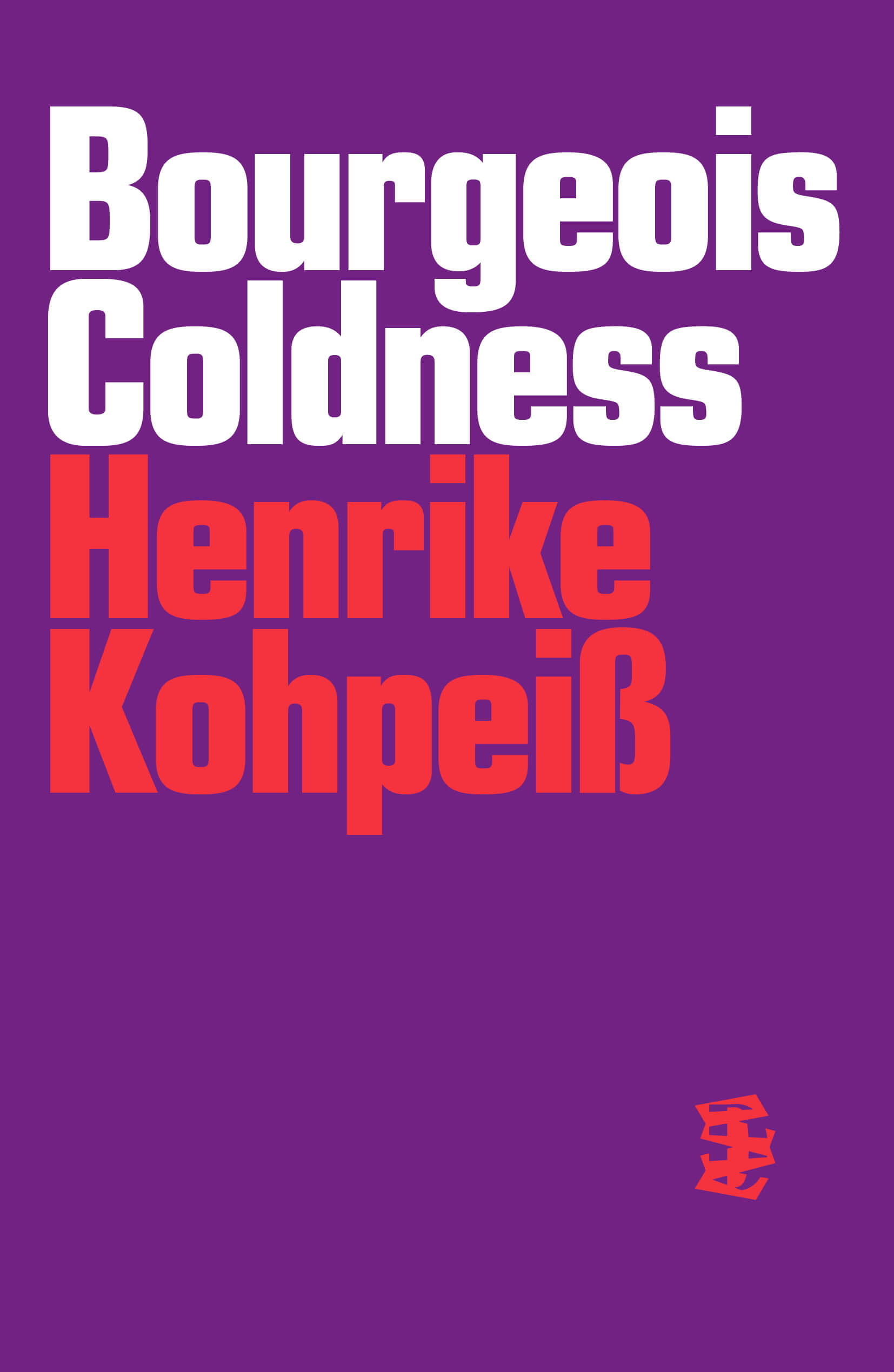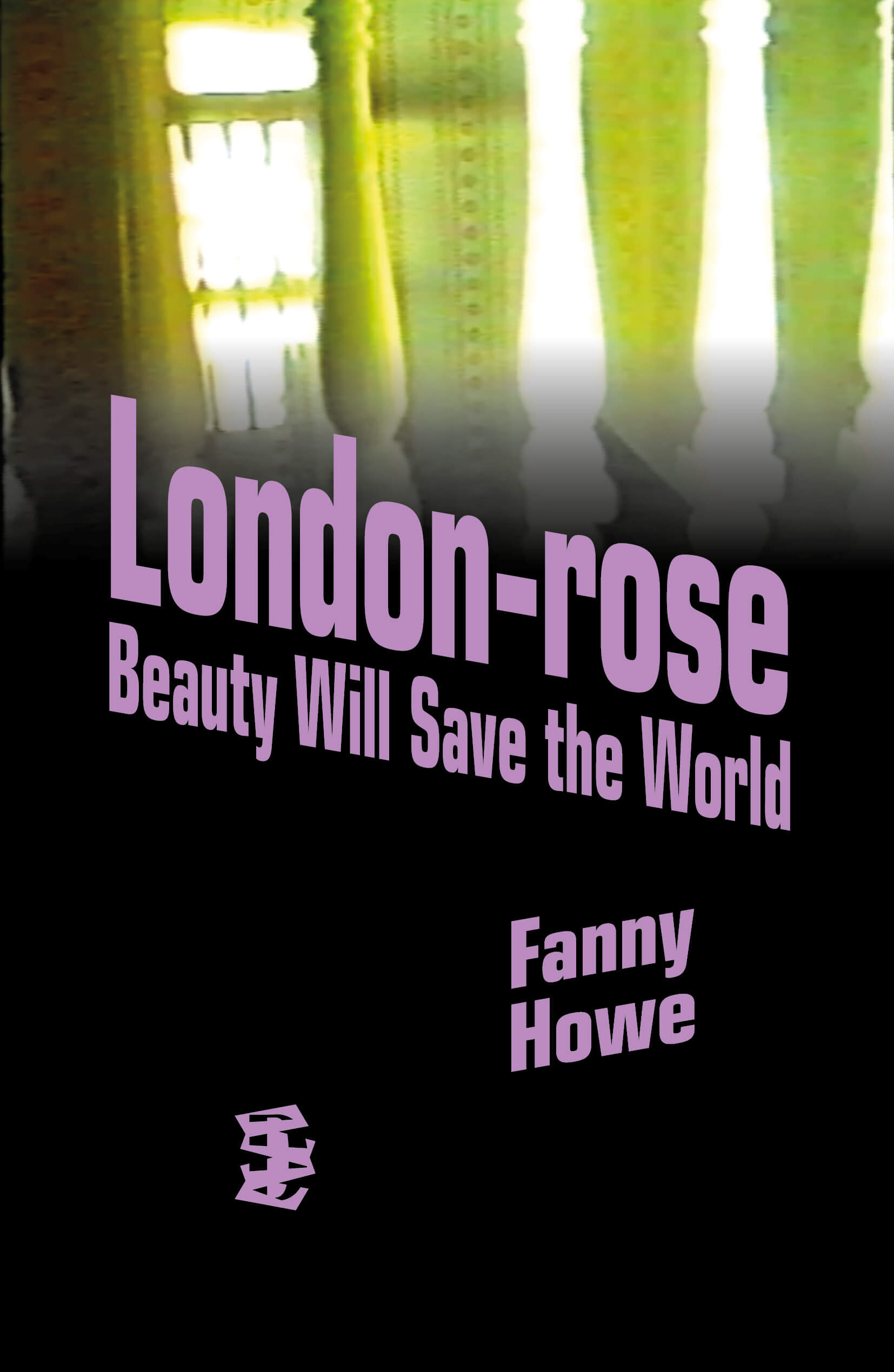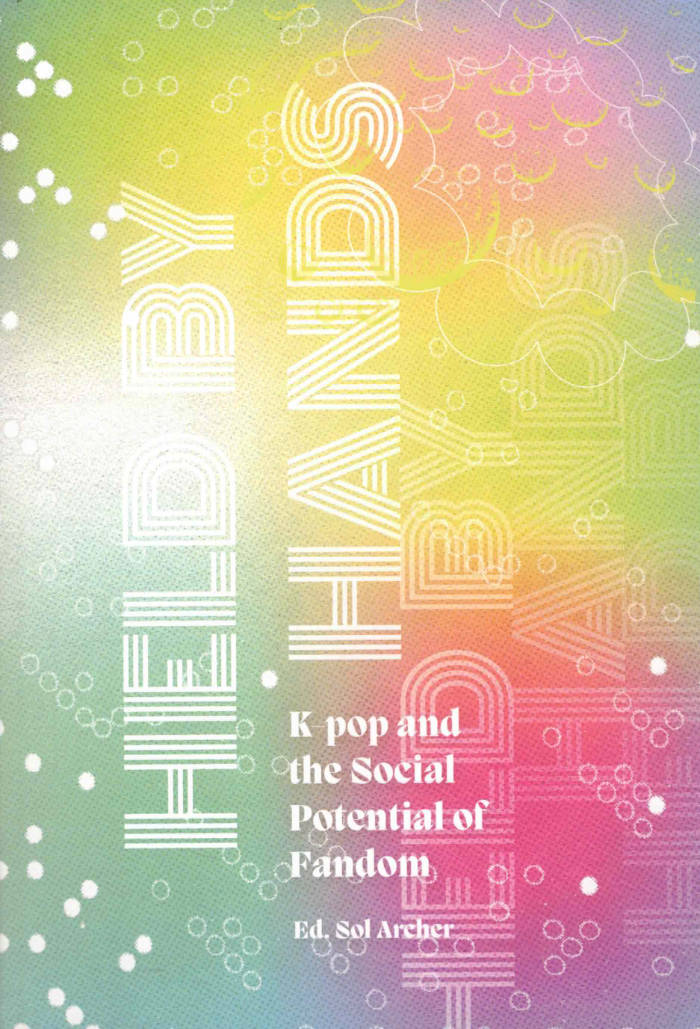
Bourgeois Coldness
Henrike Kohpeiß, Grace Nissan trans.
Bourgeois coldness refers to an affective strategy that offers an explanation for how self-preservation works. Bourgeois coldness is one of the most advanced affective and aesthetic forms of preserving the structure of the colonial status quo. It creates an affective shelter in the world, unencroached upon by the immediate consequences of its many catastrophes. It functions like air conditioning – a complex technology which reliably stabilises the climate until those inside consider it natural. Bourgeois spaces – institutional and affective – stay cool and pleasant. But outside it’s burning.
Canonical critical theory by Adorno and Horkheimer enters a dialogue with Black studies through Hartman and Moten.
Foregrounding affect, this timely book provides an inestimable philosophical argument for the centrality of Blackness in critical examinations of capitalism’s violence. —Denise Ferreira da Silva
Elegant and erudite in equal measure, this book will stand as a landmark diagnosis of the practices of denial in our time. —Andreas Malm







